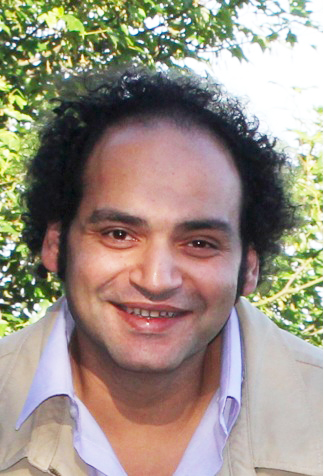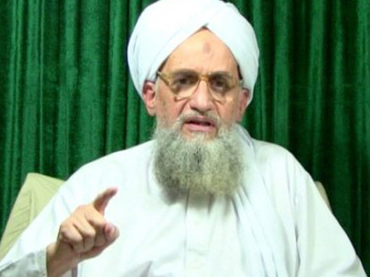 The protests that shook several Arab countries in the past week and the ones that continue until today were no surprise. It was very much expected that a wave of anger in the Islamic world would certainly follow any insult to the prophet Muhammad. Past experiences, whether with Salman Rushdie or the Danish cartoon crisis show that Muslims are not prepared to take lightly any offensive criticism of the prophet.
The protests that shook several Arab countries in the past week and the ones that continue until today were no surprise. It was very much expected that a wave of anger in the Islamic world would certainly follow any insult to the prophet Muhammad. Past experiences, whether with Salman Rushdie or the Danish cartoon crisis show that Muslims are not prepared to take lightly any offensive criticism of the prophet.
The current events and past ones demonstrate in essence that the pedastal upon which freedom of expression is put in the west does not exist in the Arab world. This cultural, and to an extent political, difference does not necessarily mean that there is a right side and a wrong one, it simply means that the Arab world and the west are products of completely different historical and cultural contexts that are not doomed to collision but are apt to friction. This friction will always be facilitated and amplified by the presence of extremists on both sides; it’s the way things were, the way they are and the way they will proceed.
What was a bit surprising was the logic with which the insult was interpreted within some Muslim minds. The logic was very flawed and contained a number of thinking errors and lack of sufficient knowledge upon which action should be based. What is even more surprising is the fact that this logic and these thinking errors are the very same ones that took place during the cartoon crisis in 2006. In both situations, the thinking fell into the trap of generalisation. In 2006 and 2012, insulting the prophet was not just the responsibility of the man who drew the cartoons or the director who made the short movie. Insulting the prophet suddenly became the responsibility of every American exactly like how the cartoons were the responsibility of every Dane.
The way the state of generalisation progressed made insulting the prophet the responsibility of every European and American citizen, the mistake of every Christian and even the fault of every Muslim, who did not rise up in rage to defend the prophet. Generalisation was coupled with an impressive amount of ignorance. From my observations and conversations with some of the protesters and some of the supporters, none of them actually saw the trailer, many of them believed that the movie was aired on all channels in the United States to attack Islam on 9/11. Most of them thought the American government was to blame either for publicising the movie or not censoring it and all of them were very surprised to know that the American government does not have a censorship office. Ignorance, flawed thinking and a general state of Islamic radicalisation created a base for violence and fanaticism.
It is important to notice however that the protesters around the American embassy in Cairo are not mobilised solely for the prophet. The ongoing rage around the embassy has a lot to do with the ministry of interior’s involvement. A large number of Egyptian youth still hold a grudge against the ministry of interior for its brutal performance during the revolution and the transitional period. The fact remains that justice has not been done and several police officers who were responsible for the death of Egyptian youth walked out of courts without punishment and returned proudly to their posts. Before Egyptians can accept the return of the police to disperse protests and demonstrations with tear gas, justice needs to be done and the ones responsible must be held accountable. Otherwise, the presence of the police will simply escalate situations instead of mitigating them.
I believe that the lesson we Muslims need to learn is that valueless criticism does not degrade that which has great value. We need to understand that misconceptions concerning the prophet will not be corrected with acts of violence, but rather with acts of tolerance and efforts of explanation in the peaceful spirit Islam aims to spread. We need to learn that radicals will never end and that we cannot control the mind of every human being. Finally, we need to learn that Muslims practicing the true teachings of Islam are a lot more important to the message of the prophet than exacting vengeance upon those who criticise it.


